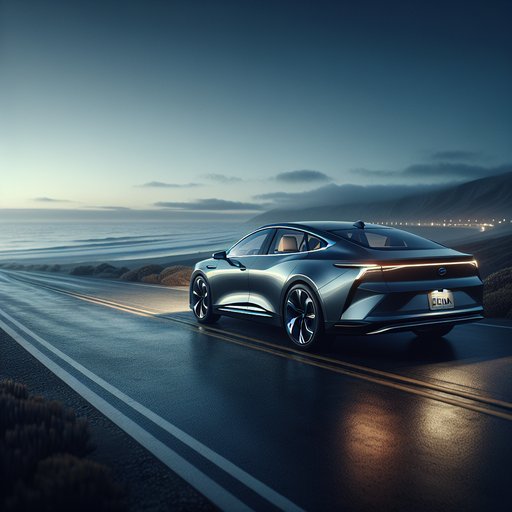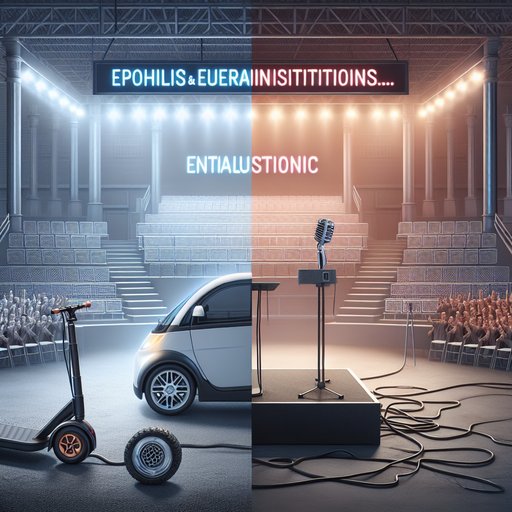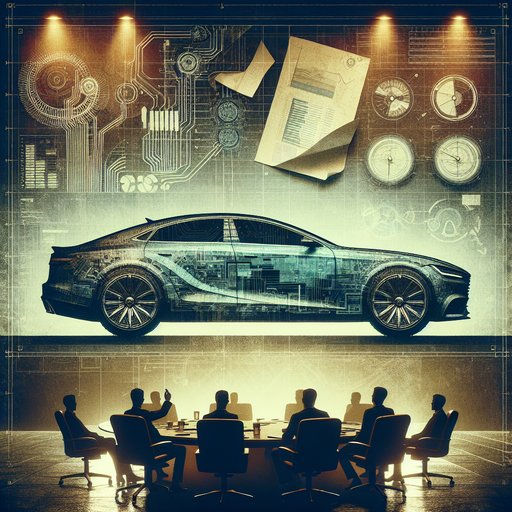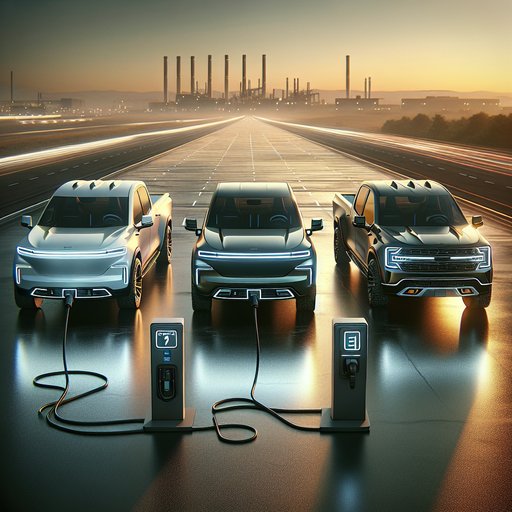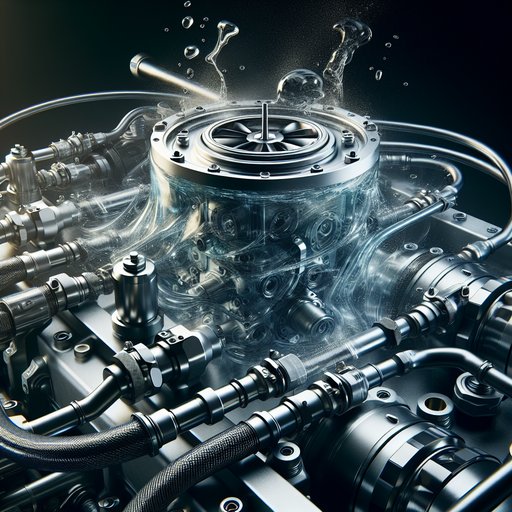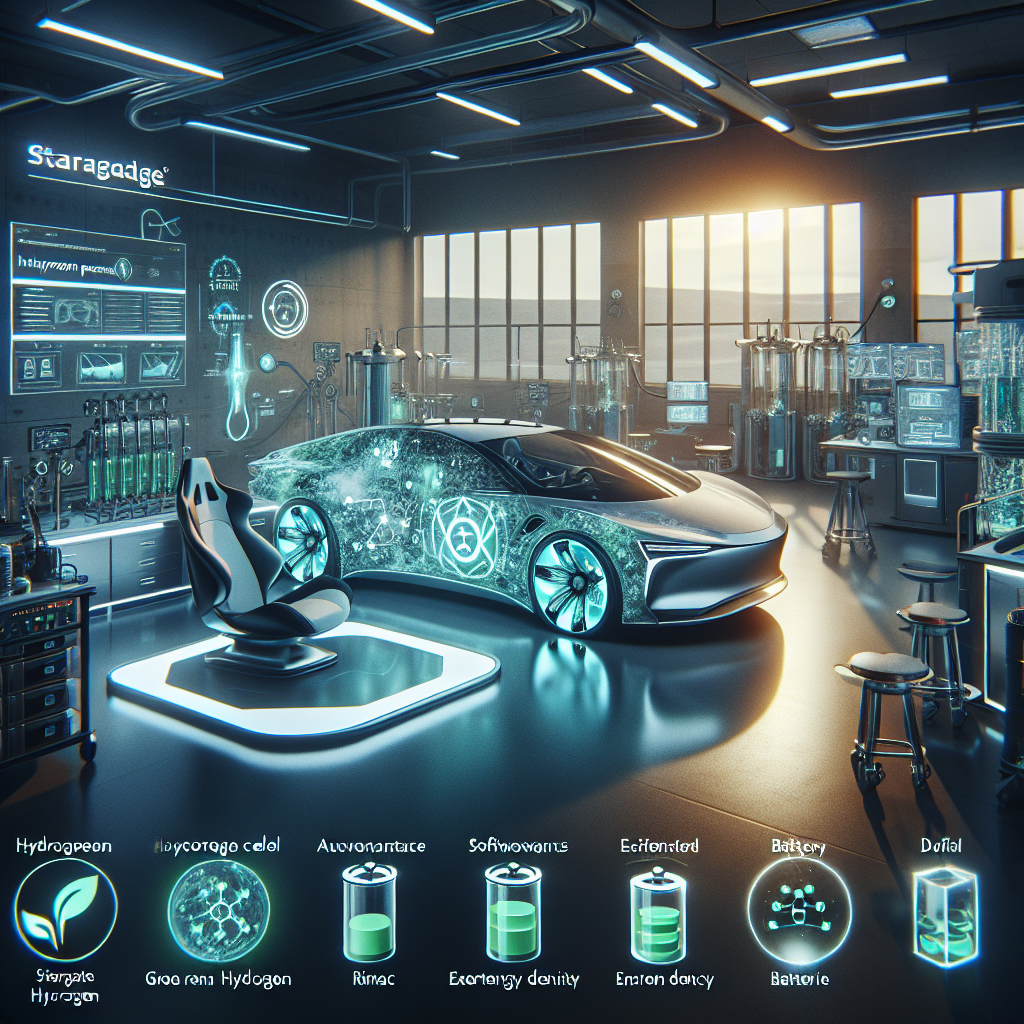
As the automotive industry continues its transition toward sustainable technologies, significant developments in green hydrogen and electric powertrains are reshaping the future of transportation. While European manufacturers maintain their commitment to electrification, emerging players in the hydrogen sector are making notable advances in sustainable energy solutions.
The European Union has recently reaffirmed its commitment to phasing out internal combustion engines by 2035, despite pushback from some automotive manufacturers [1]. This decisive stance on electrification comes as Estonian electrolyzer company Stargate Hydrogen emerges as a significant player in the global green hydrogen market [2].
In parallel developments, Croatian technology company Rimac has unveiled groundbreaking advances in electric vehicle technology, introducing next-generation e-axles featuring ultra-light rotors capable of reaching 25,000 RPM [3]. These innovations promise to deliver unprecedented efficiency and power density in electric powertrains [4].
On the battery technology front, researchers at Tianjin University have achieved a remarkable breakthrough, demonstrating a battery with energy density of 604.2 Wh/kg in laboratory conditions [5]. Meanwhile, the UK's Faraday Institution is supporting the commercialization of advanced battery technologies with a £9 million investment in research and scale-up initiatives [6].
The global race for sustainable transportation solutions is intensifying, with European and Asian entities taking leading roles in both hydrogen and battery electric technologies. The combined advancement in green hydrogen production, high-performance electric powertrains, and next-generation battery technology suggests a diverse and competitive future for alternative powertrains.
- EU Reaffirms 2035 ICE Phaseout Plan
- US Caught Napping While Global Green Hydrogen Industry Moves On
- Rimac Technology reveals next-generation e-axles
- Rimac reveals 'groundbreaking' solid-state tech
- Battery Breakthrough Claims Double Tesla’s Energy Density
- UK’s Faraday Institution pledges £9m for advanced battery research and commercial scale-up

